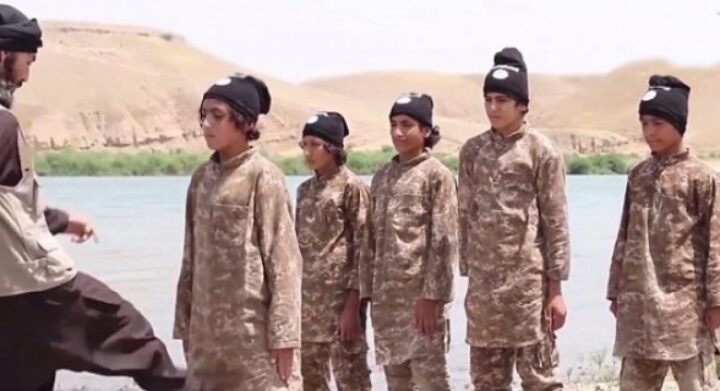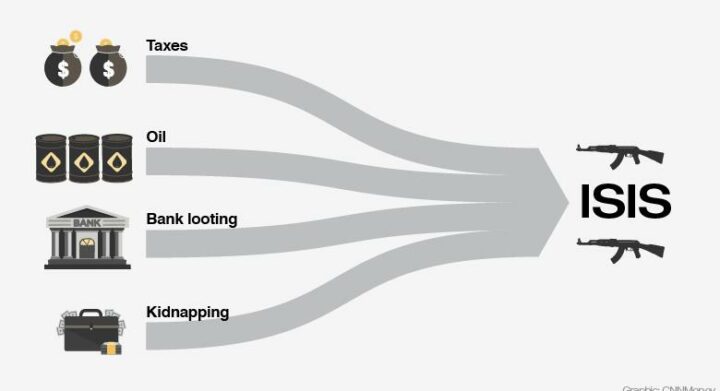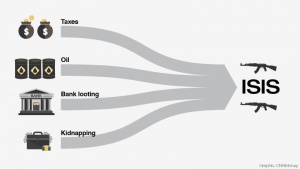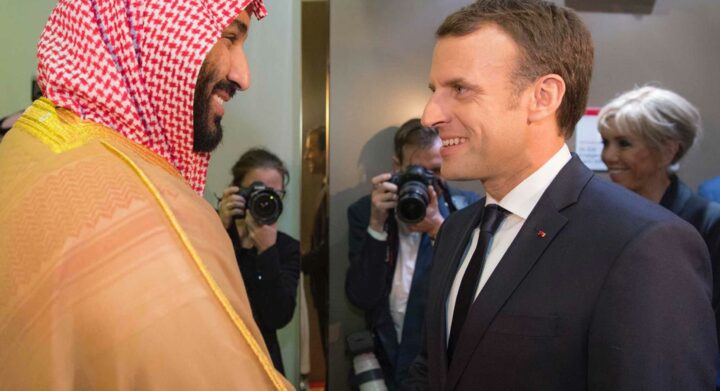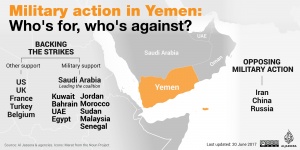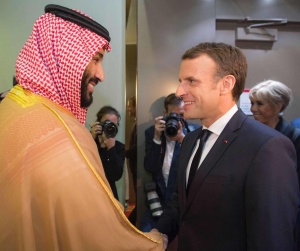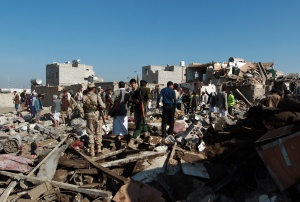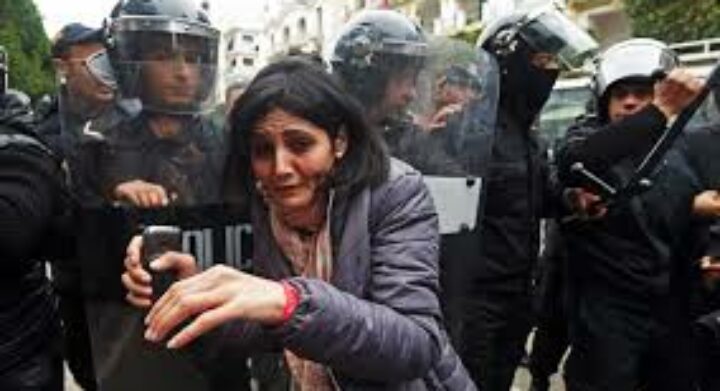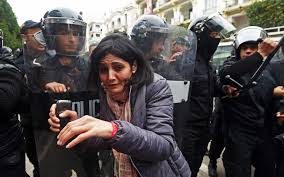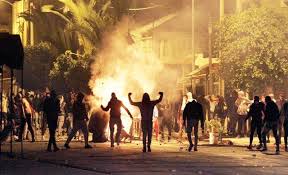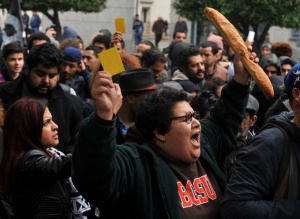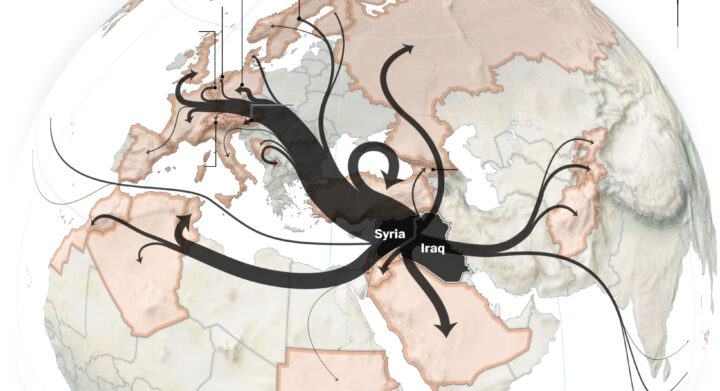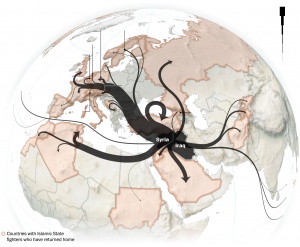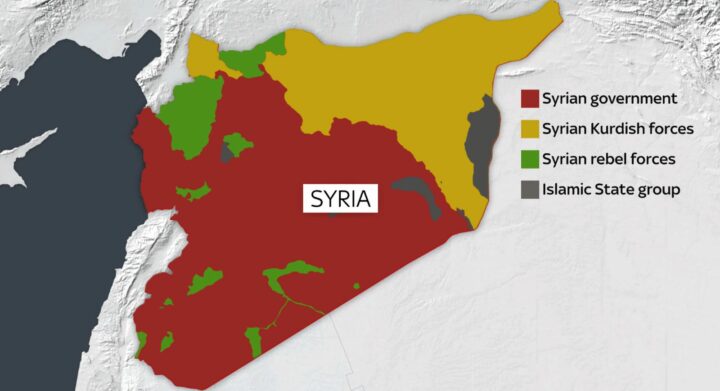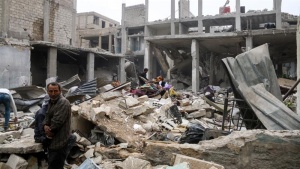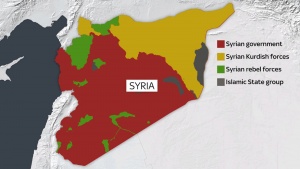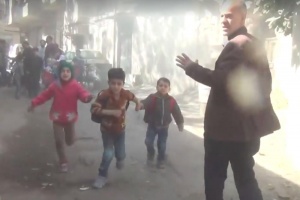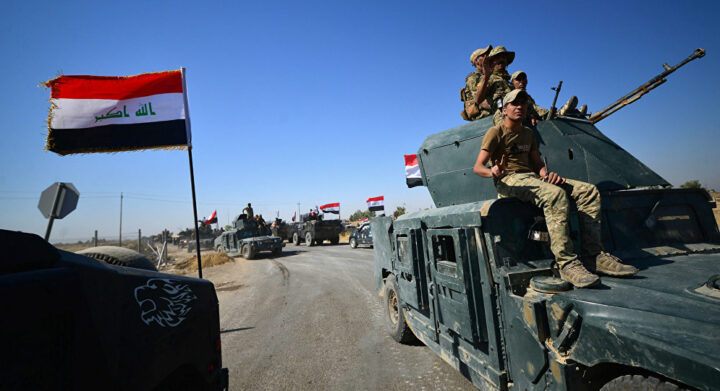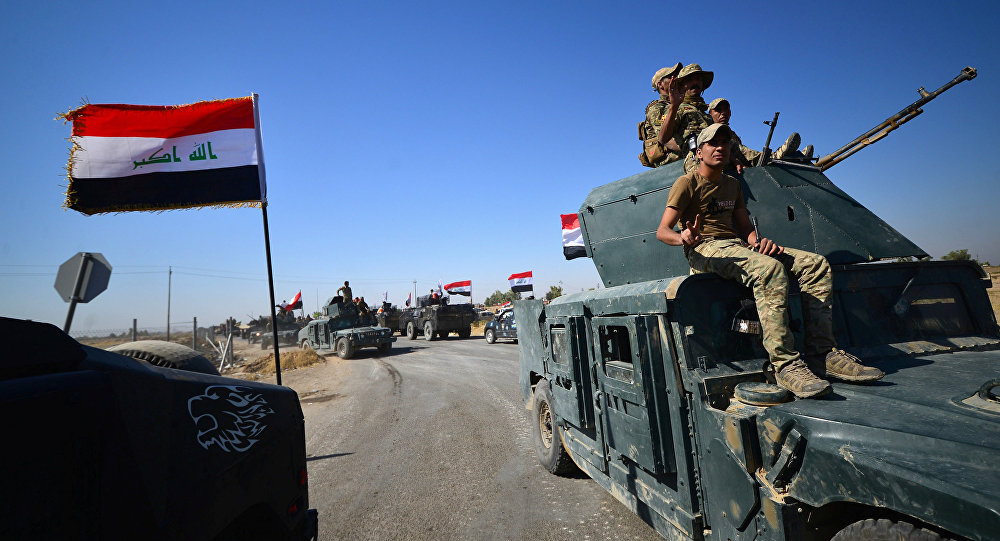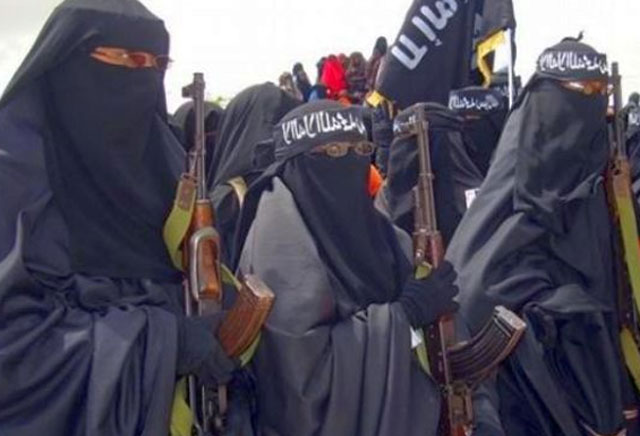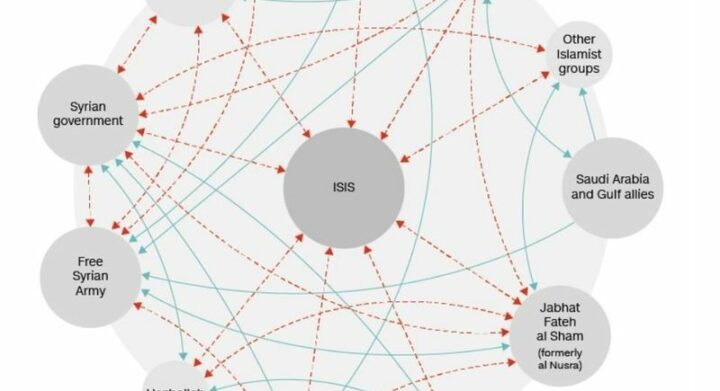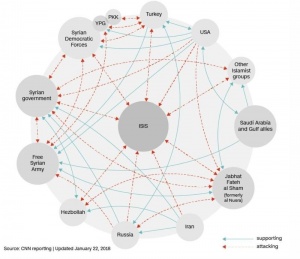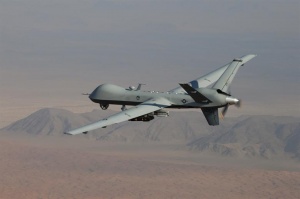
On May 6th, Lebanon held its first parliamentary elections in nine years. Hezbollah was a big winner. The Shi’ite political party won a small majority in parliament, which dealt a blow to Prime Minister Saad Hariri. Hariri is expected to form the next government despite the Future Movement losing a third of its seats. It remains the largest Sunni bloc in parliament.
Hezbollah – and its political allies, like the Amal Movement – winning a small majority of seats in parliament is seen by some as a victory for Iran. Hezbollah is the only Lebanese political party with an armed wing. Its electoral gains empower it further, politically. The general elections were a loss for Prime Minister Hariri as he no longer heads the largest bloc in the Chamber of Deputies. He still retains most seats allocated to Sunni Muslims. Hariri faced opposition from within his own community. For example, some of his citizens saw him as being too soft on Hezbollah – the latter of which is fighting in neighboring Syria. Despite these significant developments, jump-starting the Lebanese economy must remain Prime Minister Hariri’s priority. Hariri has indicated his willingness work with his political rivals, including Hezbollah.
In the 2009 election, it was Saad Hariri’s pro-western alliance that won the most parliamentary seats. Since then, Iran’s influence has continued to grow, not just in Lebanon but across the region. Saudi Arabia used to play a major role in Lebanese politics, but it has been distracted with its war in Yemen. Riyadh also realized its Lebanon allies were fracturing and they could not be forced to deal with Hezbollah. Suffice it to say, Saudi Arabia will not abandon its Lebanese equities to a vacuum in which Iran could benefit. There is little indication that Lebanon is careening towards political instability. Lebanese politicians are even putting their divisions aside and negotiating in the election’s wake.
For some background, The Islamic Revolutionary Guard Corps (IRGC) helped form Hezbollah during Lebanon’s Civil War in the 1980’s. The Shia political party published an open letter in 1985 in which it identified Israel and the United States as sworn enemies. The Taif Agreement of 1989, which ended the Lebanese Civil War called for the disarmament of all militias. That’s when Hezbollah rebranded itself as a resistance group, fighting Israeli occupation of course, and that’s how its fighters kept their arms. But Hezbollah refused to disarm after Israeli forces withdrew in 2000. Instead, continued to build its military capability. 1992 saw national elections that included Hezbollah for the first time. And that’s when it started to have an explicit hand in Lebanese politics. When Lebanese leaders moved to shut down its private telecommunications network in 2008 Hezbollah responded by seizing much of Beirut and doing combat with Sunni groups. Western states, Israel, and Gulf countries see Hezbollah as a terrorist organization. In a denouement, Hezbollah transmits fighters to Syrian President Bashar Al-Assad’s defense in Syria. So doing has provoked criticism and escalated intra-Lebanese sectarian tensions.
But power cuts, corruption, a garbage crisis, the economy, and the influx of 1.5 million Syrian refugees are Lebanon’s main problems now. And while Prime Minister Hariri did lose a third of the seats in parliament, Lebanese politics is built on consensus. Considering the deficit and corruption, the political process could find a way to return him to the Prime Ministership with support for economic development. If you think about it, Hariri lost influence in Lebanon after the new election law was enacted. But the law was unpopular with the people, as evidenced by low voter turnout. Hariri has dashed Sunni’s confidence in his choices by maintaining his Free Patriotic Movement alliance and shunning cooperation with President Michel Aoun. Voters were reluctant to go to the polls to elect The Future Movement. Meanwhile though, Hariri’s camp lacks good options. That too elicits low voter turnout.
Not only domestic factors will be impacted by Lebanon’s election. It has regional implications. In his latest crisis involving the kingdom, Hariri resigned from Saudi soil. He then withdrew his resignation as French President Macron mediated his escape, err, exit. This undermined Hariri significantly and raised questions about his ability to be Lebanon’s Sunni leader. Hariri lost five seats in Tripoli to Sunni rivals. Former Prime Minister Najib Mikati won four of them in the north, significantly undercutting Hariri’s leadership.
Given Lebanon’s consensus-based power-sharing system, election tea-leaf reading notwithstanding, Lebanese leaders must sit down and plan their country’s future. The clock is ticking for officials to stop politicking. Any delay in the new government’s formation will distract policymakers from meeting the people’s needs. Lebanon’s debt is “estimated at $80 billion by the Lebanese banking system.” It is one of the most indebted countries in the world. Yet, investment alone will not fix Lebanon’s economy.
Iran continues to consolidate its influence in Lebanon. Even Hezbollah supporters openly say they get their support from Iran. The formation of a U.S-Israel-Saudi axis designed to confront Iran in Syria among other places has backfired rather than trigger progress. But even cohesive containment strategies see Iran exacerbating regional tensions on the ground, as we’re seeing in Syria a la Iran and Israel. Israeli officials have said they see no distinction between Hezbollah and Lebanon. These elections reinforce such a view. But Lebanon cannot be a battlefield for another Israeli/Iranian war. Iran and Israel remain satisfied at present with UN Resolution 1701, adopted after the 2006 Israel-Lebanon conflagration which, “called for a full cessation of hostilities in the month-long war between Israel and Hezbollah.” The absence of reports of malicious activity generating from Southern Lebanon and Hezbollah’s satisfaction with exerting its influence internally in Lebanon following these elections bodes well. While a confrontation between Israel and Lebanon seems unlikely at this moment, we are seeing hostilities between Iran and Israel in the Golan Heights. WIth Syria now taking the position of proxy battlefield that Lebanon used to serve for the two combatants, the likelihood is greater that an Iranian Israeli confrontation could break out there, and it could generate a wider confrontation between Iran and the United States. Both parties should review UN Resolution 1701 for options on de-escalating Israeli Lebanese tensions. No one benefits from another war.
Nothing will change, however with regard to Hezbollah’s link to Lebanese security. And there is growing concern in the Lebanese populace about Hezbollah’s smuggling of weapons from Syria. Many have slammed Hariri for deploying too few Lebanese Armed Forces to the Syrian border to prevent such weapons running.
So far, all Trump Administration indications suggest patience until the new Lebanese government is formed. We’ll have to see if Saad Hariri will keep his promises to Presidents Macron and Trump. If called upon to form a new government, Hariri will have to add that to his slew of challenges including protecting the resistance and moving the economy forward. But Hariri’s real focus should be engaging youth within his own citizenry to build trust between the population and the government structure. A huge drive to get the youth out to vote for independent lists and candidates failed to materialize. Conspicuous government corruption, and Lebanon’s unimproved waste management problems ought to make accountability priority number one. Voting turnout dropped from 54% in 2009 to 49%. Lebanon, following its recent elections, still has a long way to go.


